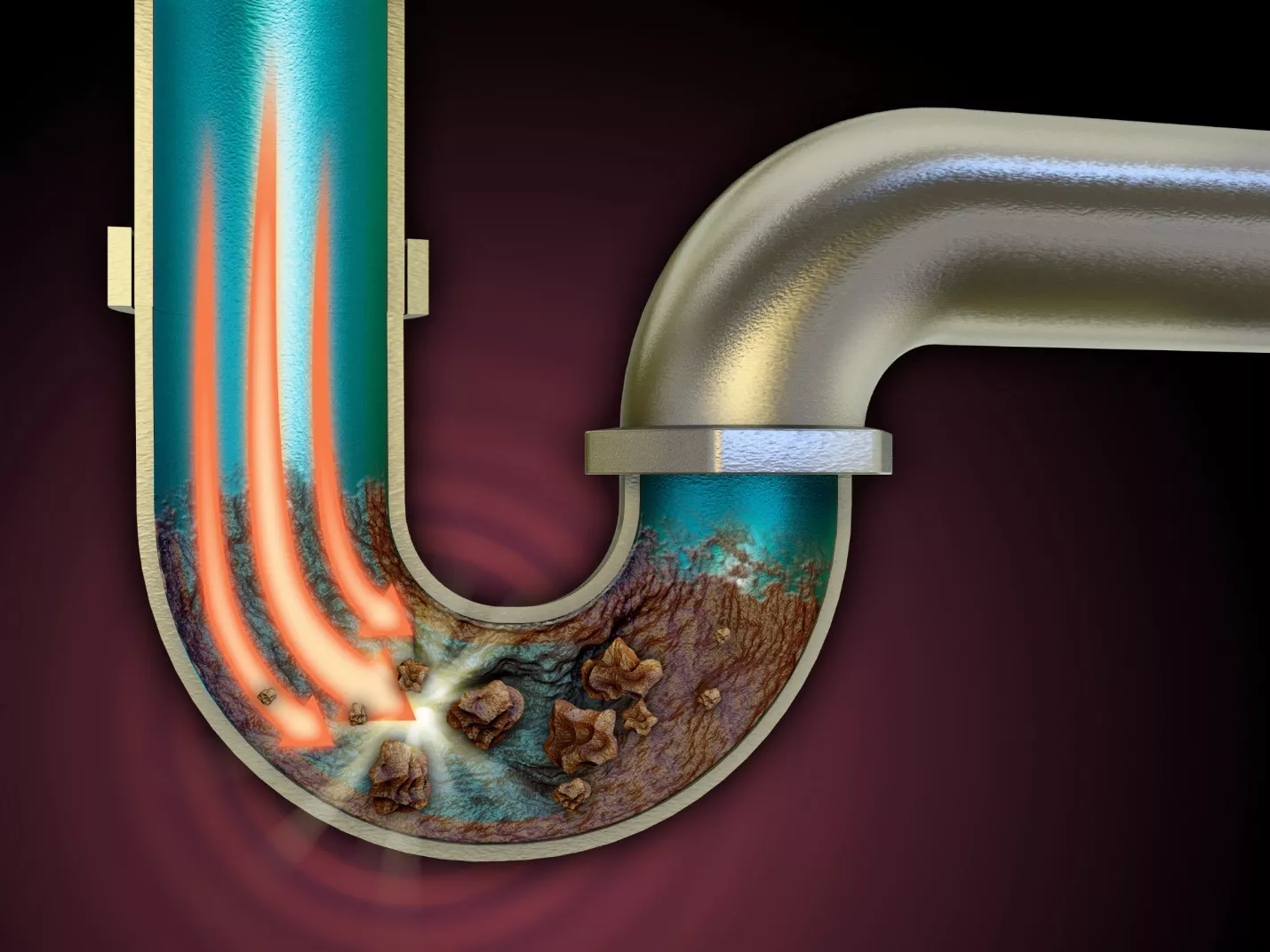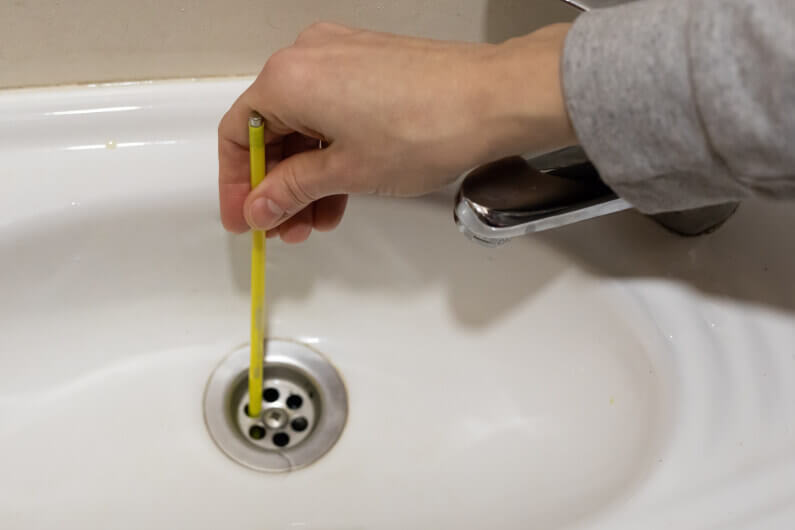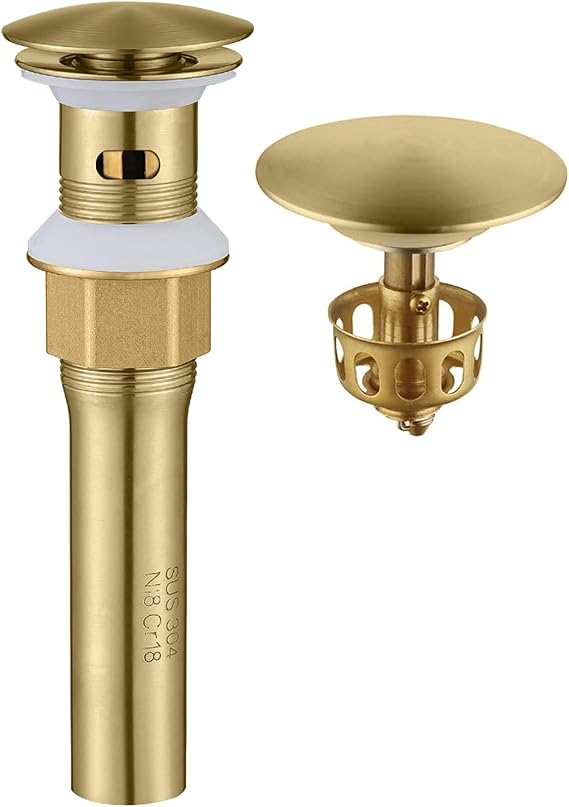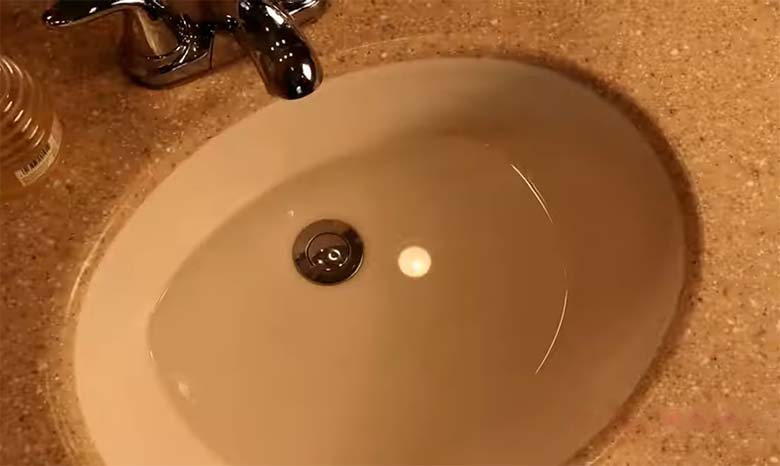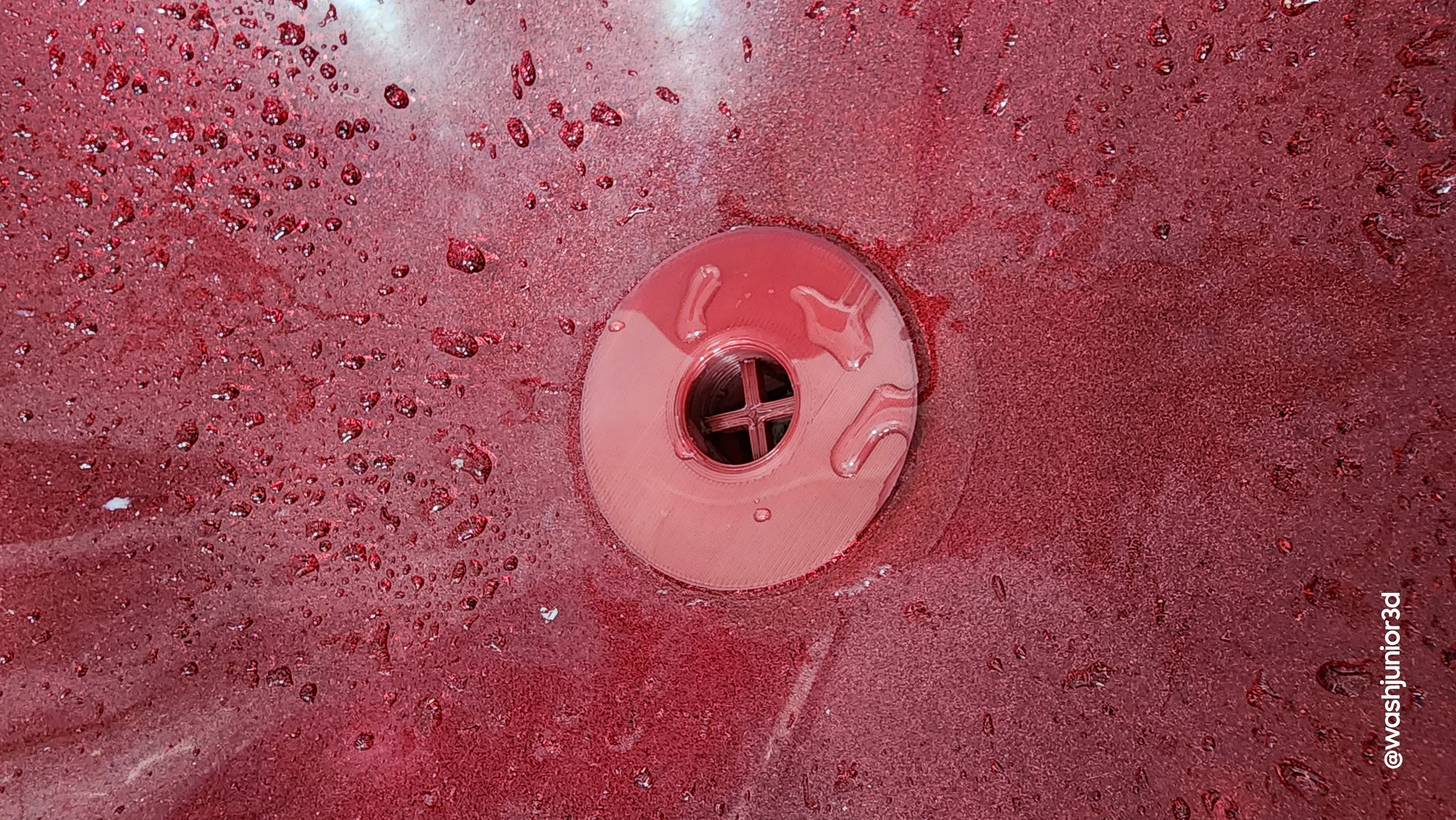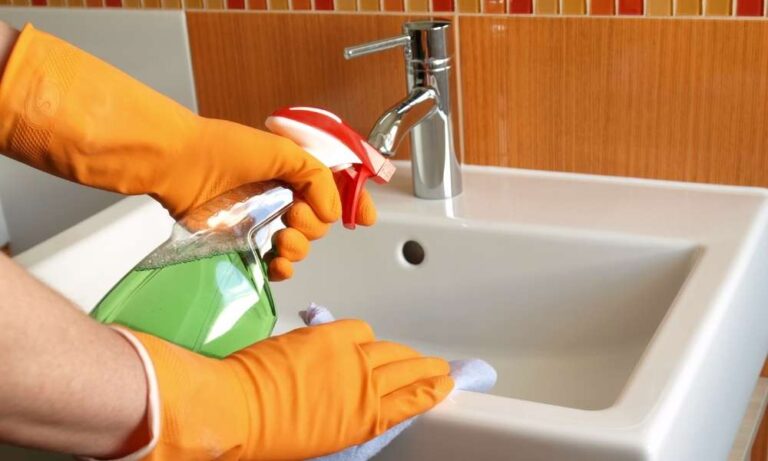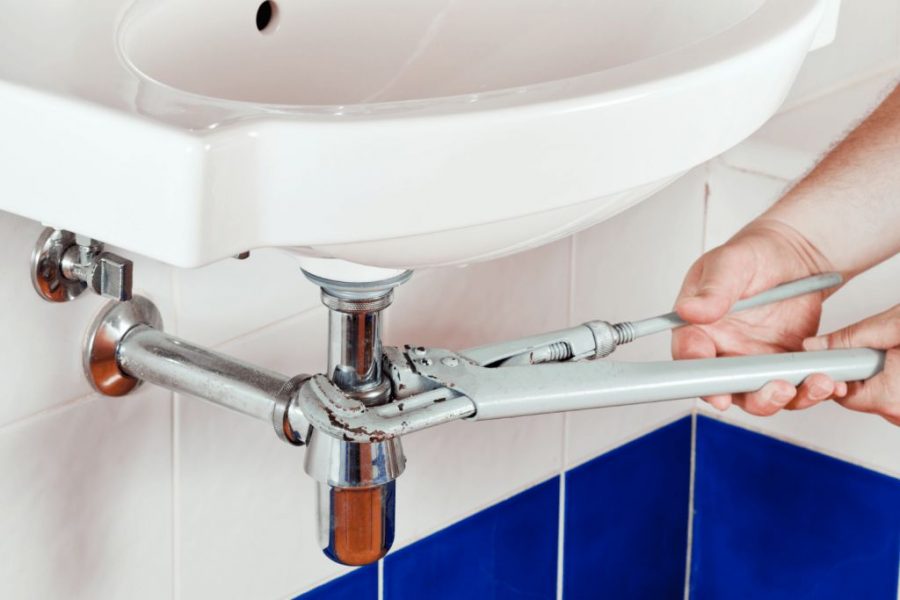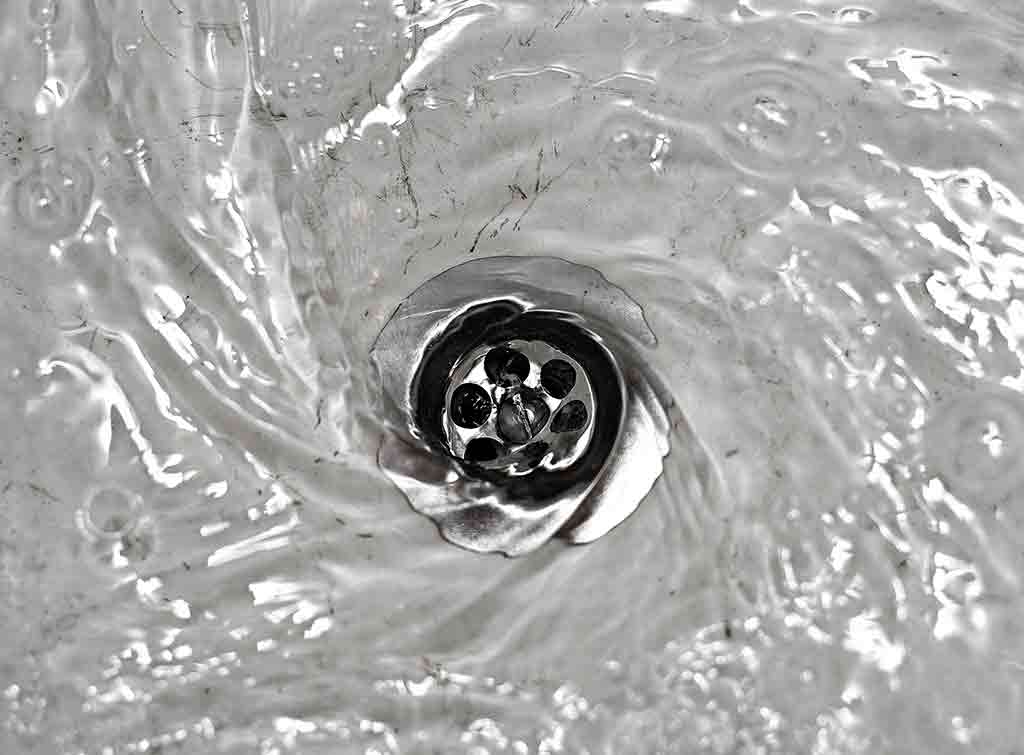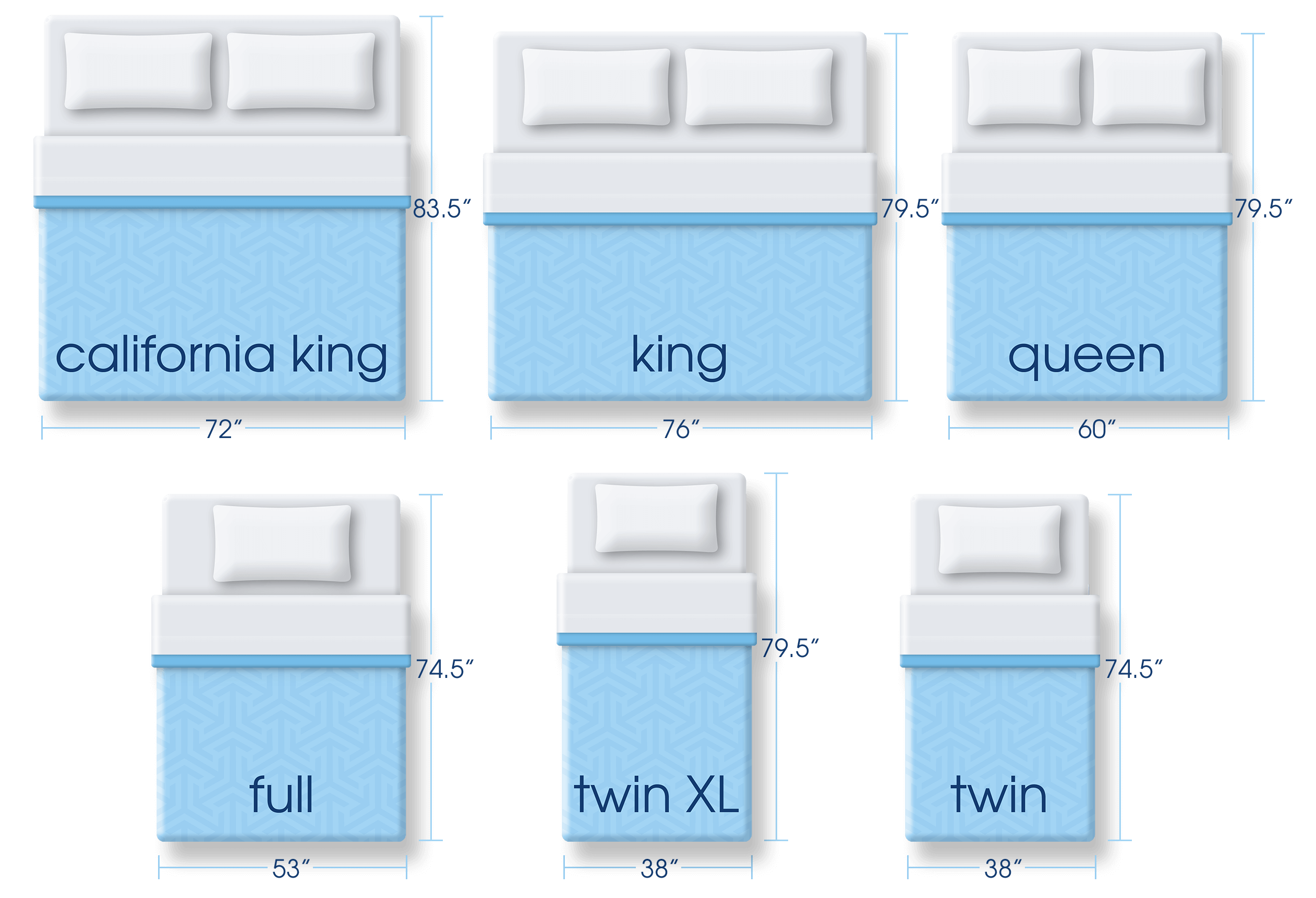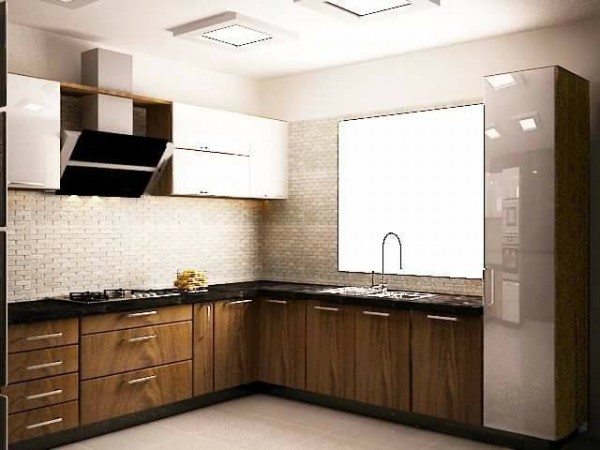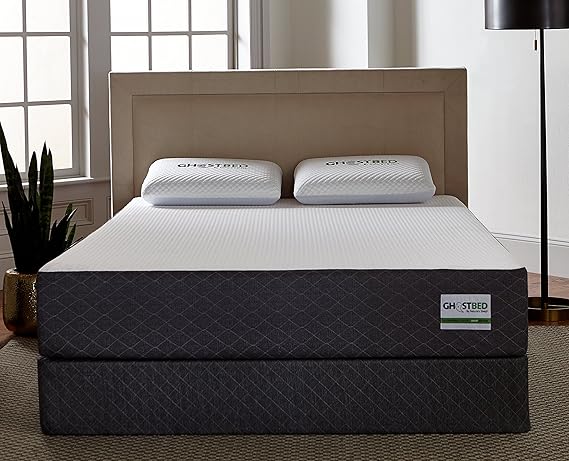Slow Draining Bathroom Sink: Causes and Solutions
Dealing with a slow draining bathroom sink can be a frustrating and inconvenient problem. It can disrupt your daily routine and leave you with a buildup of dirty water in your sink. But before you panic, there are several causes and solutions to this common issue. In this article, we'll explore the top 10 reasons why your bathroom sink drains slowly and how to fix them.
1. Hair and Soap Scum Buildup
Hair and soap scum are the most common culprits for a slow draining bathroom sink. Over time, they can accumulate and create a clog in your drain, which restricts water flow. To resolve this issue, try using a plunger or a drain snake to remove the blockage. You can also use a mixture of baking soda and vinegar to dissolve the buildup.
2. Mineral Deposits
Mineral deposits, such as calcium and magnesium, can also cause your bathroom sink to drain slowly. These minerals can accumulate in your pipes and create a blockage. To remove them, you can use a commercial mineral deposit cleaner or make a DIY solution using vinegar and water. Let it sit in your drain for 30 minutes before flushing it with hot water.
3. Old Pipes
If your bathroom sink is draining slowly and you have old pipes, they may be the root of the problem. As pipes age, they can become corroded and damaged, leading to clogs and reduced water flow. In this case, it's best to call a professional plumber to replace your old pipes.
4. Incorrectly Installed Pipes
If your bathroom sink was recently installed and is draining slowly, it may be due to incorrect pipe installation. If the pipes are not properly aligned or connected, it can create a blockage. To fix this, you may need to call a plumber to re-install the pipes correctly.
5. Blocked Vent Pipe
The vent pipe is responsible for releasing air from your plumbing system, allowing water to flow smoothly. When this pipe becomes blocked, it can create a vacuum, which slows down the draining process. To fix this issue, you will need to locate and clear the blockage in the vent pipe using a plumbing snake or call a professional.
6. Clogged P-Trap
The P-trap is a curved pipe located under your sink that traps debris and prevents it from entering your pipes. However, this trap can also become clogged with hair and other debris, causing your sink to drain slowly. You can try cleaning it out yourself, but if the clog is deep in the trap, it's best to call a plumber.
7. Grease and Oil Buildup
Grease and oil from cooking can also cause your bathroom sink to drain slowly. When these substances enter your drain, they can solidify and create a blockage. To prevent this, avoid pouring grease and oil down your sink and use a drain strainer to catch any residue.
8. Blocked Sewer Line
In some cases, a slow draining bathroom sink may be a sign of a bigger problem with your sewer line. If several drains in your house are slow, or you notice a foul odor coming from your sink, it may be due to a clogged sewer line. In this situation, it's best to call a professional plumber to inspect and clear your sewer line.
9. Hard Water
If you live in an area with hard water, it can cause mineral buildup in your pipes, resulting in a slow draining bathroom sink. To prevent this, you can install a water softener or use a DIY solution of vinegar and water to remove the buildup.
The Importance of Proper Drainage in Bathroom Sink Design

The Function of a Bathroom Sink Drain
 A bathroom sink drain is an essential component of any bathroom design. Its primary function is to remove wastewater from the sink and direct it to the main sewer line. However, when a bathroom sink drain begins to slow down, it can be a nuisance and disrupt the daily routine of using the sink. While many may assume that a slow drain is a result of a clog, there are other factors that could be causing the issue.
A bathroom sink drain is an essential component of any bathroom design. Its primary function is to remove wastewater from the sink and direct it to the main sewer line. However, when a bathroom sink drain begins to slow down, it can be a nuisance and disrupt the daily routine of using the sink. While many may assume that a slow drain is a result of a clog, there are other factors that could be causing the issue.
The Impact of Poor Drainage on Bathroom Design
 A slow draining bathroom sink not only affects the functionality of the sink but also has a significant impact on the overall design of the bathroom. Standing water in the sink can create an unsightly and unhygienic environment, leading to the growth of bacteria and mold. This not only poses a health hazard but also damages the sink and surrounding areas. Furthermore, a slow draining sink can also cause water to spill onto the countertop, causing damage to the cabinets and affecting the aesthetics of the bathroom.
A slow draining bathroom sink not only affects the functionality of the sink but also has a significant impact on the overall design of the bathroom. Standing water in the sink can create an unsightly and unhygienic environment, leading to the growth of bacteria and mold. This not only poses a health hazard but also damages the sink and surrounding areas. Furthermore, a slow draining sink can also cause water to spill onto the countertop, causing damage to the cabinets and affecting the aesthetics of the bathroom.
The Root Cause of Slow Draining Sinks
 While a clogged drain is a common cause of slow drainage, there are other factors that could be contributing to the issue. In some cases, the design of the sink itself may be the culprit. Some sinks are designed with a shallow basin, making it easier for debris to accumulate and cause a blockage. Additionally, the type of pipe used for the drain can also play a role. Older homes may have metal pipes that are prone to rust and corrosion, leading to a restricted flow of water.
While a clogged drain is a common cause of slow drainage, there are other factors that could be contributing to the issue. In some cases, the design of the sink itself may be the culprit. Some sinks are designed with a shallow basin, making it easier for debris to accumulate and cause a blockage. Additionally, the type of pipe used for the drain can also play a role. Older homes may have metal pipes that are prone to rust and corrosion, leading to a restricted flow of water.
Proper Design for Efficient Drainage
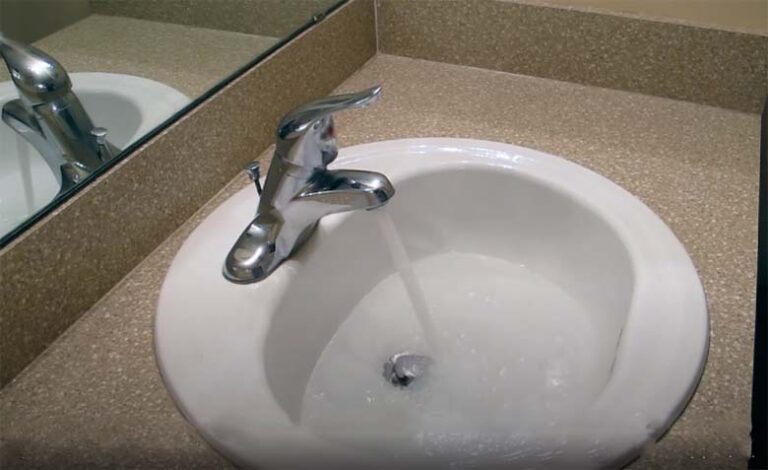 To avoid the inconvenience and potential damage caused by a slow bathroom sink drain, it is essential to consider proper design elements during the construction or renovation of a bathroom. This includes choosing a sink with a deeper basin and using modern, durable materials for the drain pipes. Additionally, regular maintenance and cleaning of the drain can help prevent clogs and ensure efficient drainage.
In conclusion,
a bathroom sink drain that is slow but not clogged should not be ignored. It can affect the functionality and design of the bathroom and lead to potential health hazards. By understanding the various factors that contribute to slow drainage and implementing proper design and maintenance techniques, homeowners can ensure an efficient and well-designed bathroom sink.
To avoid the inconvenience and potential damage caused by a slow bathroom sink drain, it is essential to consider proper design elements during the construction or renovation of a bathroom. This includes choosing a sink with a deeper basin and using modern, durable materials for the drain pipes. Additionally, regular maintenance and cleaning of the drain can help prevent clogs and ensure efficient drainage.
In conclusion,
a bathroom sink drain that is slow but not clogged should not be ignored. It can affect the functionality and design of the bathroom and lead to potential health hazards. By understanding the various factors that contribute to slow drainage and implementing proper design and maintenance techniques, homeowners can ensure an efficient and well-designed bathroom sink.



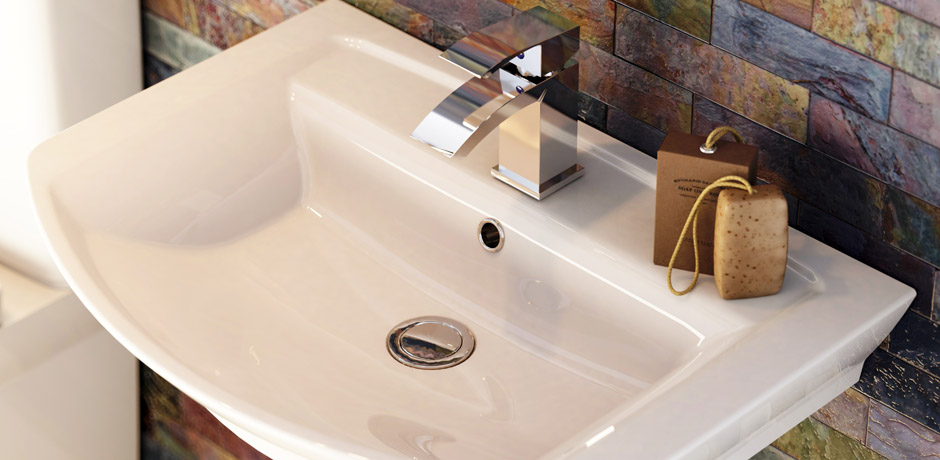




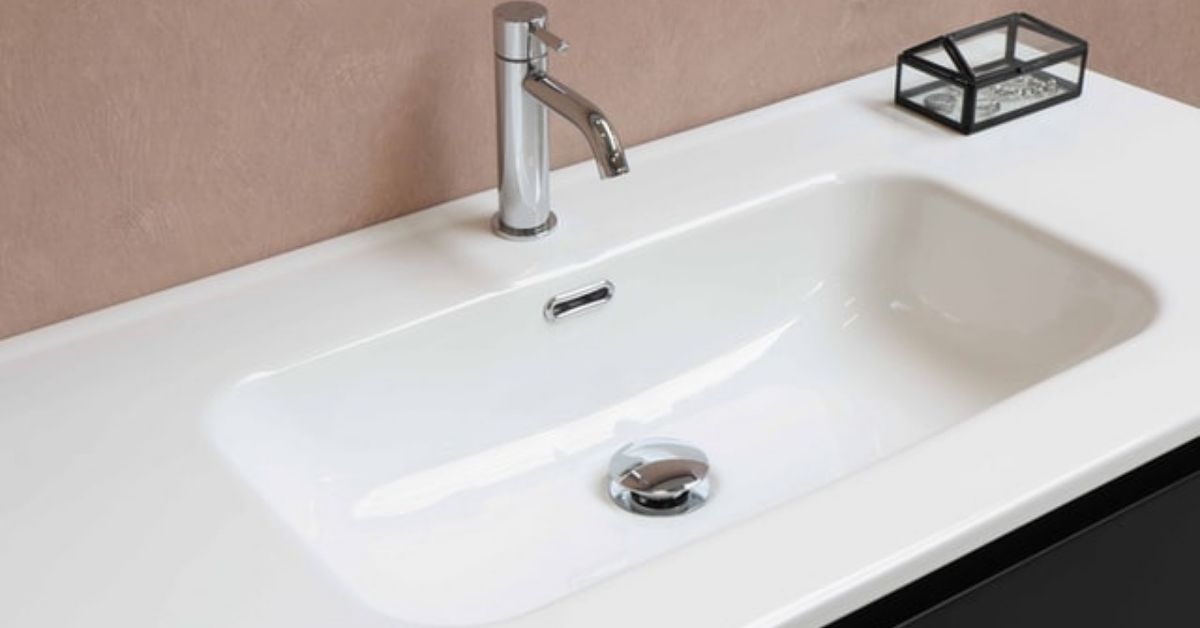
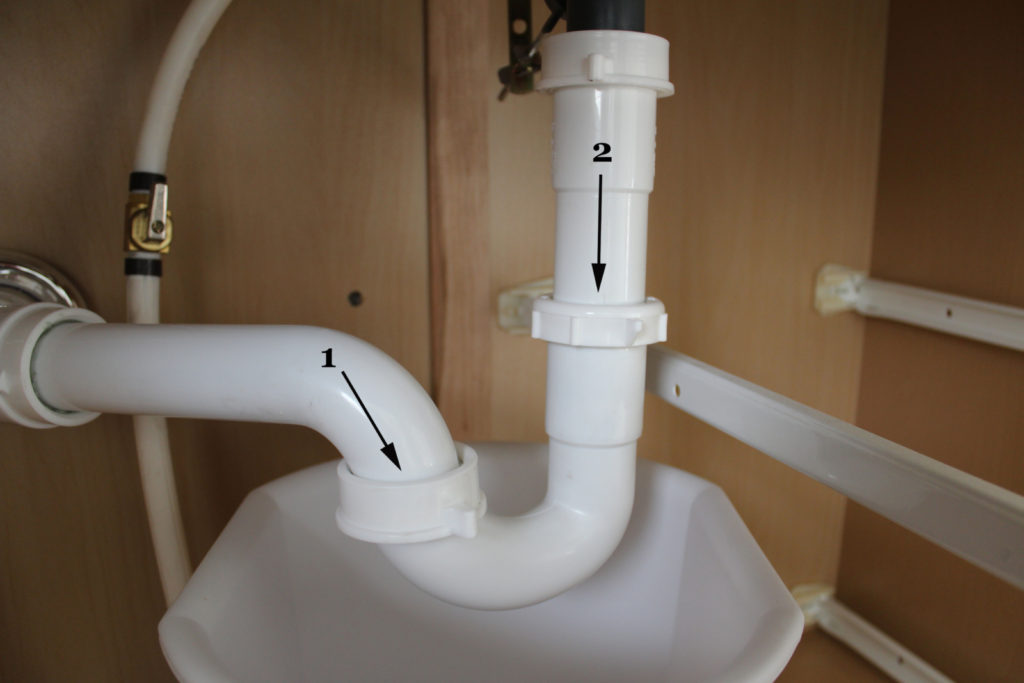










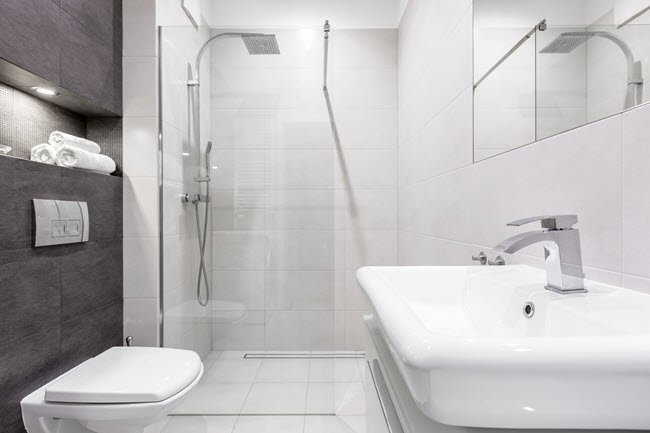








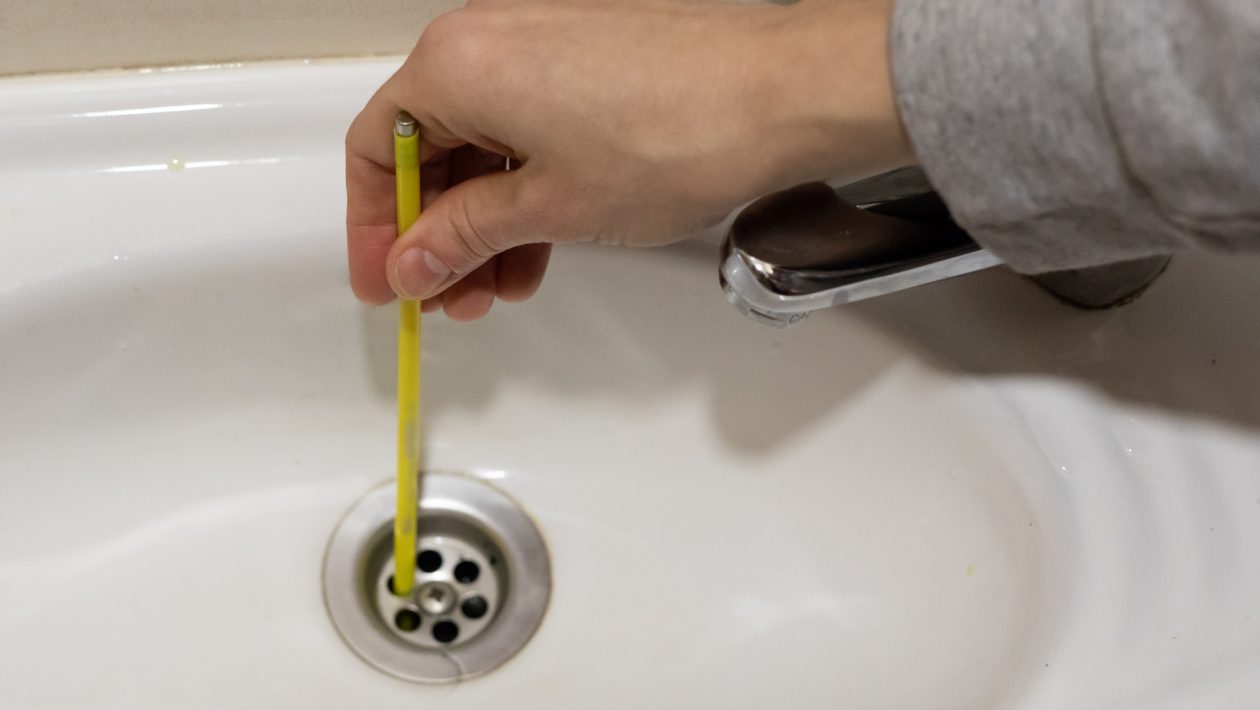

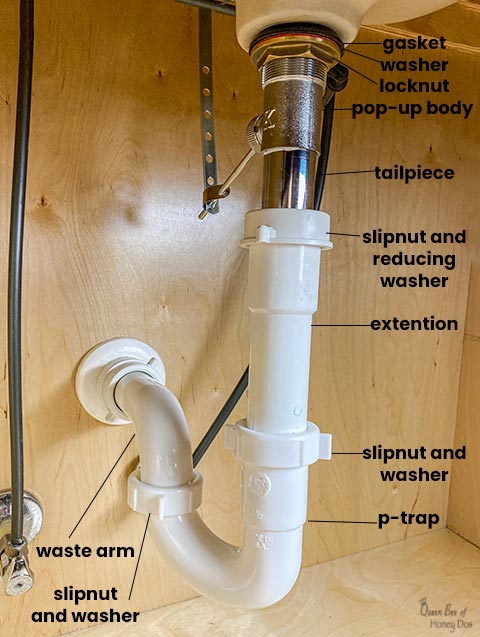

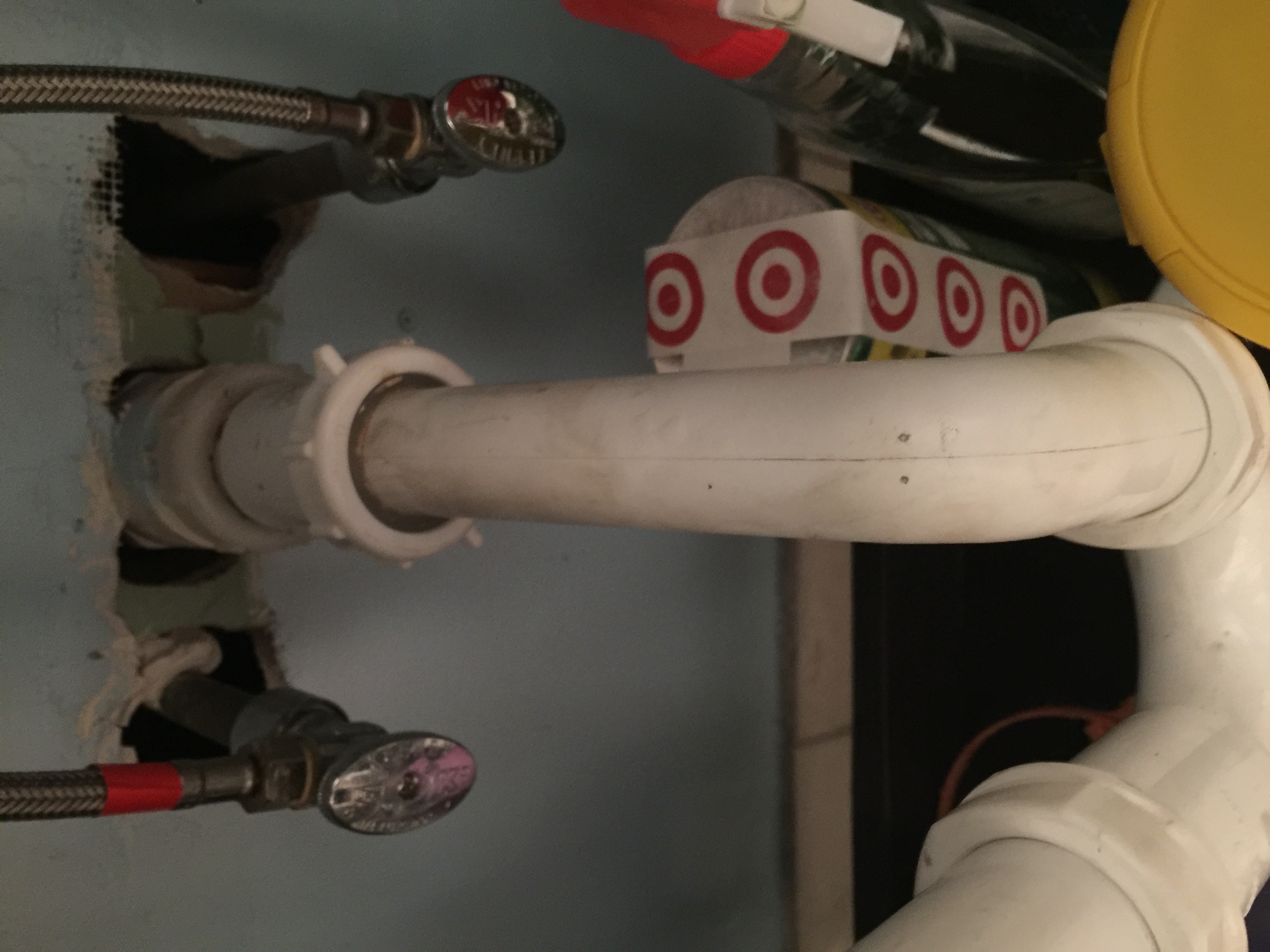



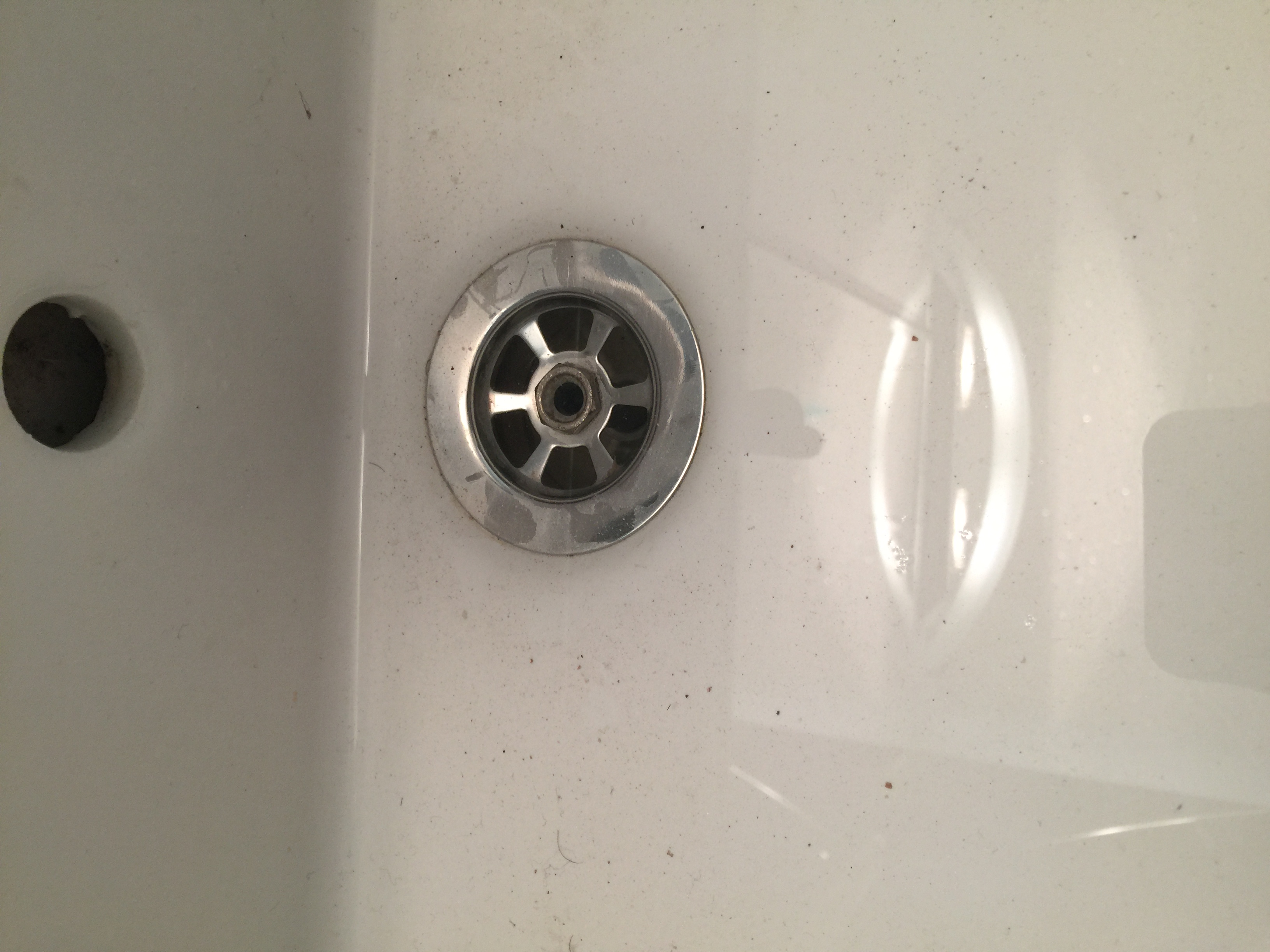




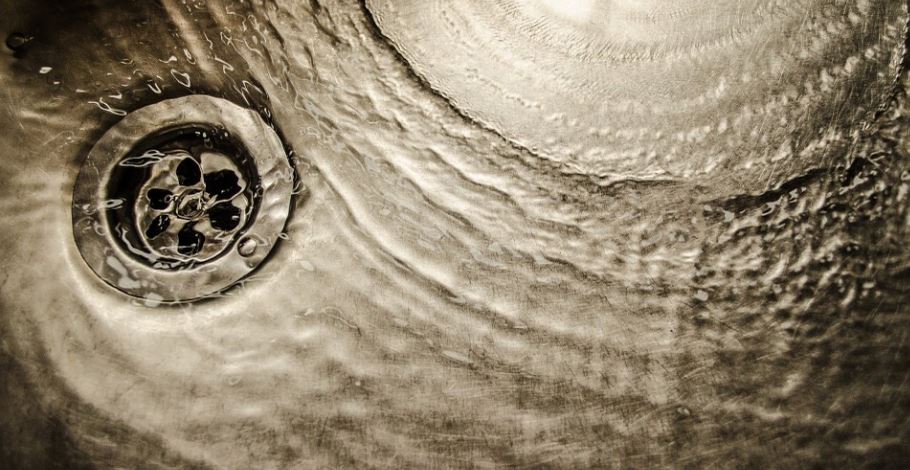
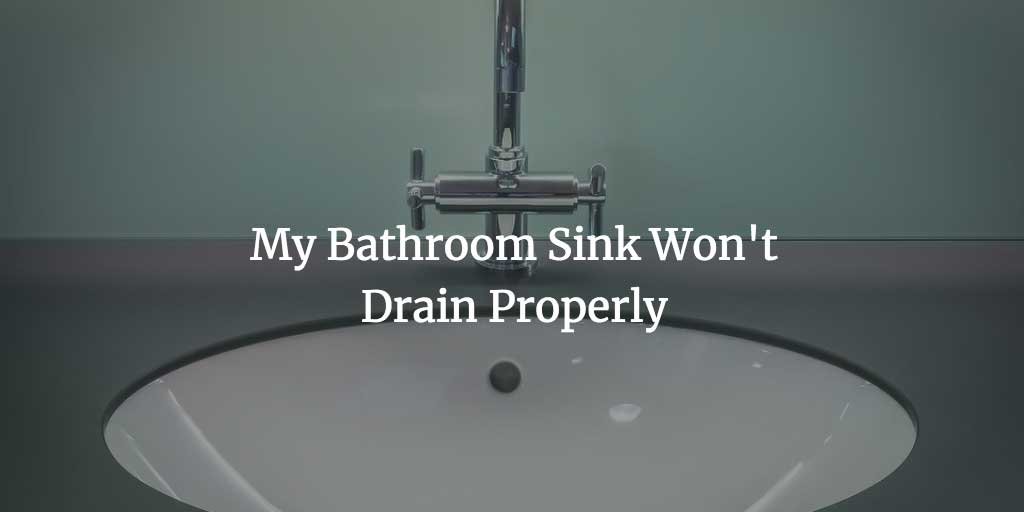
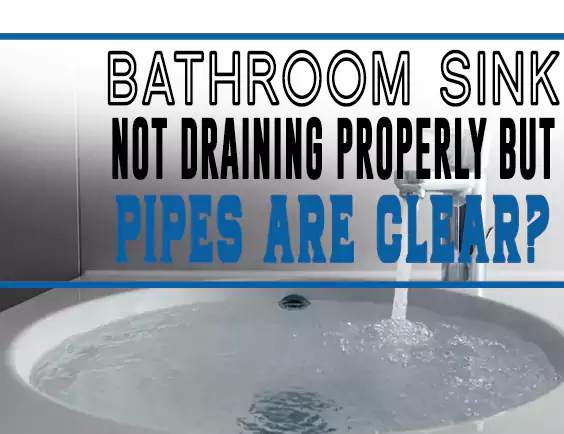





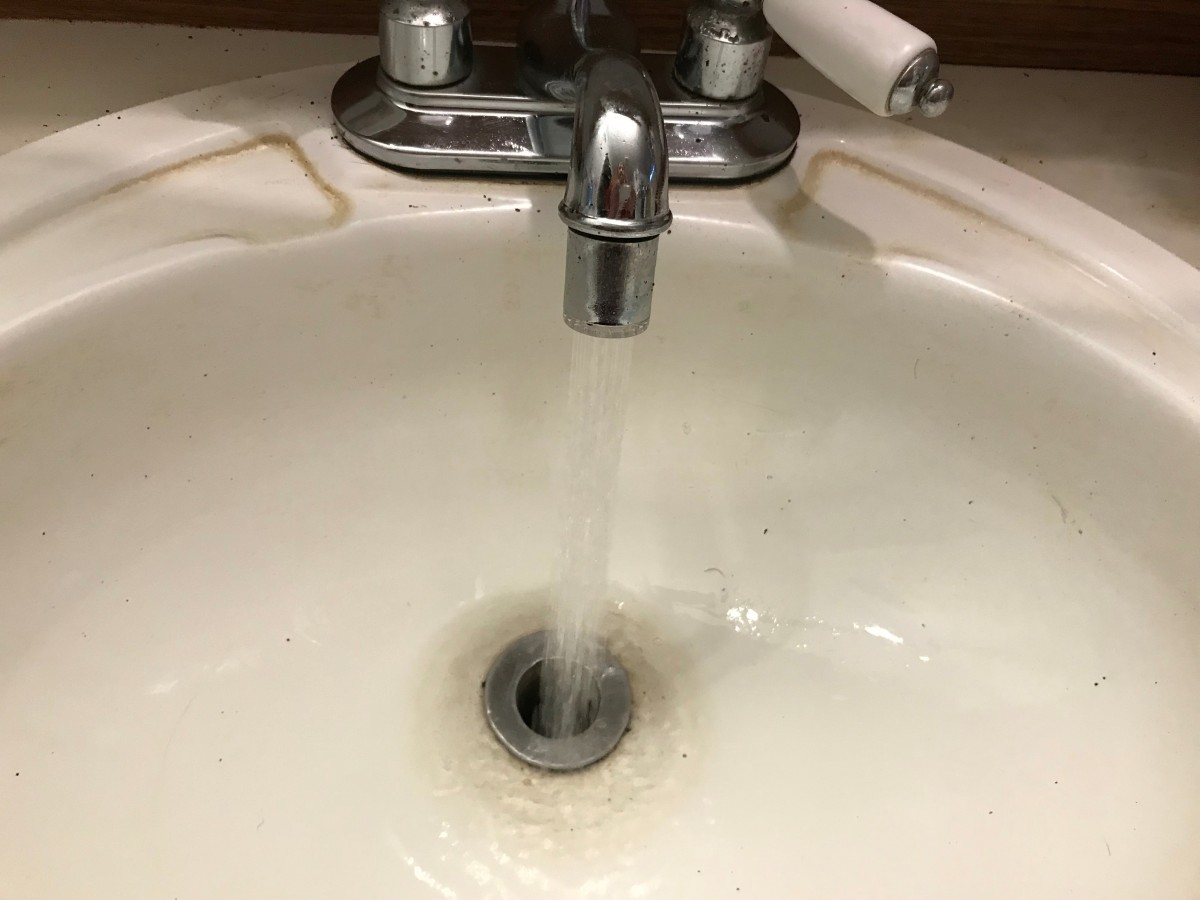
:max_bytes(150000):strip_icc()/freshen-and-unclog-drain-with-baking-soda-1900466-22-bbf940b70afa4d5abef0c54da23b1d3f.jpg)

